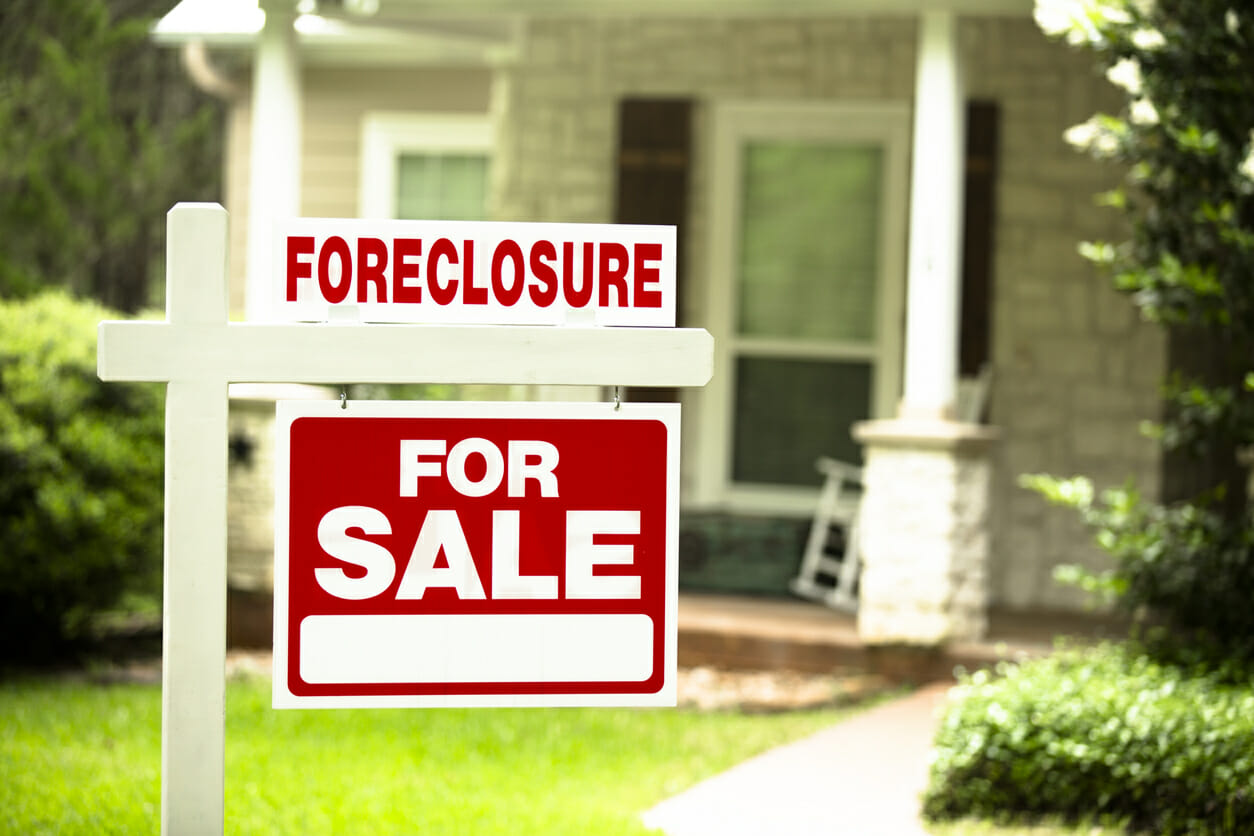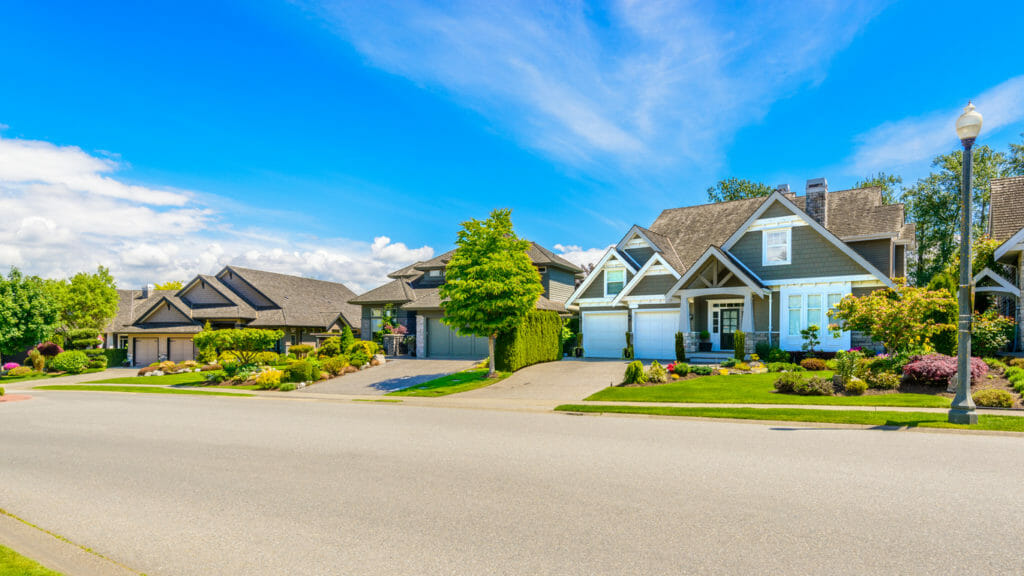When an owner doesn’t pay their dues, the entire HOA has to deal with the consequences. Fees from owners are factored into an association’s budget, and when owners fall behind on payments, the HOA can’t cover all of its expenses.
In very rare cases, homes have had to be foreclosed because owners could not meet their financial obligations. But when this happens, who covers the fees that are due? This article will help you understand what can be done if your HOA finds itself in this position.
HOA fees
Homeowners usually pay monthly fees to the HOA to cover things like landscaping, pool and clubhouse maintenance, security, repairs, and snow removal. In exchange, owners get to enjoy shared amenities and don’t have to take care of so many chores. Fees are also put into a reserve fund, which is essentially a savings account set aside for certain future costs or financial obligations.
The amount that each owner is responsible for paying is determined when the association makes its annual budget. Fees may increase or decrease depending on what the HOA must pay for in the upcoming year.
In addition, the HOA might levy a special assessment, a one-time expense, if the reserve funds cannot cover the cost of a major or unexpected repair or improvement.
HOA liens
Liens are a powerful tool that HOAs can use to enforce payment obligations. But, the association has to follow a strict process and give the owner ample warning before it can record a lien against the owner’s property.
A lien is a claim for money owed. The claim is asserted against the home, not the owner. By filing a lien, the HOA can take meaningful enforcement without pursuing a lawsuit and paying costly legal fees.
In many cases, the HOA will record a lien with the county recorder so that there is a public record of the lien, even if the association is not required to do so. This way, if the owner tries to offload the property and sell it to someone after the lien is recorded, it survives the transfer and stays with the property until the debt is paid off. Buyers generally stay away from properties with liens because they don’t want to pay off a debt that they were not responsible for acquiring.
Foreclosure
In an HOA foreclosure, the home is sold to satisfy the debt owed by the owner. If an HOA has recorded a lien on an owner’s property, the association may foreclose, even if the home already has a mortgage on it. This course of action may be available, depending on what the development’s CC&Rs, and state laws, permit. In some states, the HOA must wait a specific number of months, or the owner must owe a certain amount of money, before the association can foreclose.
An HOA lien is usually subordinate to a first mortgage because the lien is recorded after the mortgage, or the terms of the CC&Rs or state laws make the lien junior to the mortgage. As such, the lien will usually remain on the property following an HOA’s foreclosure.
Note that some states do give certain HOA liens super-priority, making them senior to first mortgages. This occurs when HOA fees remain past-due for a specific amount of time. If an HOA forecloses a super-lien, it may be able to eliminate the first mortgage, and any other junior mortgages on the property. If the HOA has super-lien status, the mortgage lender will usually pay off the super-lien amount to stop the foreclosure and keep its mortgage lien intact.
What about the fees owed?
While regulations can vary from state to state, it’s usually the owner of the property who is responsible for unpaid fees, despite financial distress or foreclosure. Although an owner may lose their home, that doesn’t automatically erase the fees owed.
An HOA that forecloses will collect the money owed by selling the home. This wipes out the HOA debt that the owner didn’t pay. Conversely, the association could decide to sue the owner for the amount that they owe after foreclosure, because it is considered a personal debt. This path is much more costly and time-consuming though, and if the lawsuit takes place in small claims court, there are limits to how much a party can claim.
If a bank has put the property in its name upon foreclosure, it is up to the bank to cover the dues owed to the HOA from that point on. When the bank sells the property, it can recover those fees from the new owner. When a new owner places their name onto the deed, they are responsible for any fees thereafter.
When it comes to the mortgage, the borrower remains liable for the debt. The HOA is not obligated to pay the mortgage holder if it gets ownership of the property as a result of the foreclosure, even though the mortgage lien remains on the property. HOAs may choose to let a mortgage holder foreclose so that the home will be sold to a new owner at a foreclosure sale, either to the mortgage holder or a third-party purchaser, who will then pay the fees owed.
Tips for negotiating with delinquent owners
While HOAs aren’t powerless when it comes to collecting unpaid fees, associations don’t want to record liens or take owners to court if they don’t have to. HOAs may try to negotiate with owners early on so that problems can be resolved before they become big issues.
Talk to the owner first. The first step to collecting past-due fees might begin with sending letters to the owner. The board may request that the owner appears in person at a meeting to discuss and remedy the situation. As long as homeowners are willing to discuss the issue, the association can at least contemplate whether creating a payment plan is viable for both parties.
Move forward with a payment plan. No one plans to lose their job or have an accident, but sometimes the unexpected creates serious financial strain for owners. HOA boards have an obligation to uphold the rules and regulations of the association, but that doesn’t mean they cannot work with someone who is suffering from some kind of hardship. A realistic payment plan can allow homeowners to begin paying down debt without incurring further late fees. A plan that helps owners get back on track with payments is a win for the entire community.
Offer to eliminate fines. This option may be offered on a case-by-case basis, but if the HOA is in a position to do so, it could waive late fees if the owner is willing to make a concrete effort to pay off debt. Negotiations work best if both parties are willing to meet in the middle. By offering to eliminate late fees, the HOA can show owners that they care without impacting the bottom line. As a precaution, it is recommended that a policy be instated for these types of agreements that make it clear that any fees that were eliminated will automatically be added back to the balance of the owner’s account if they default on the plan.
Conclusion
HOA boards have a fiduciary duty to ensure owners pay their fees. Without proper enforcement, payments may be sporadic, and some owners may ignore their financial obligations altogether. It is for this reason that associations may have to foreclose an owner’s home. If this is the HOA’s last option, ensure that all required steps are taken before moving forward, and speak with a lawyer to ensure the HOA has done everything correctly.



